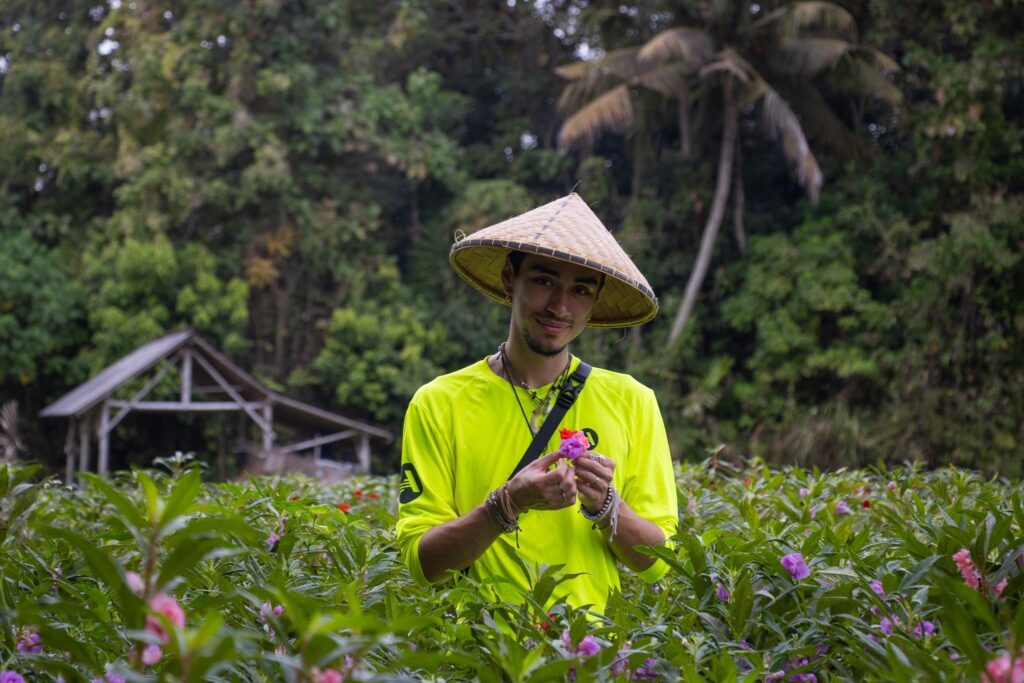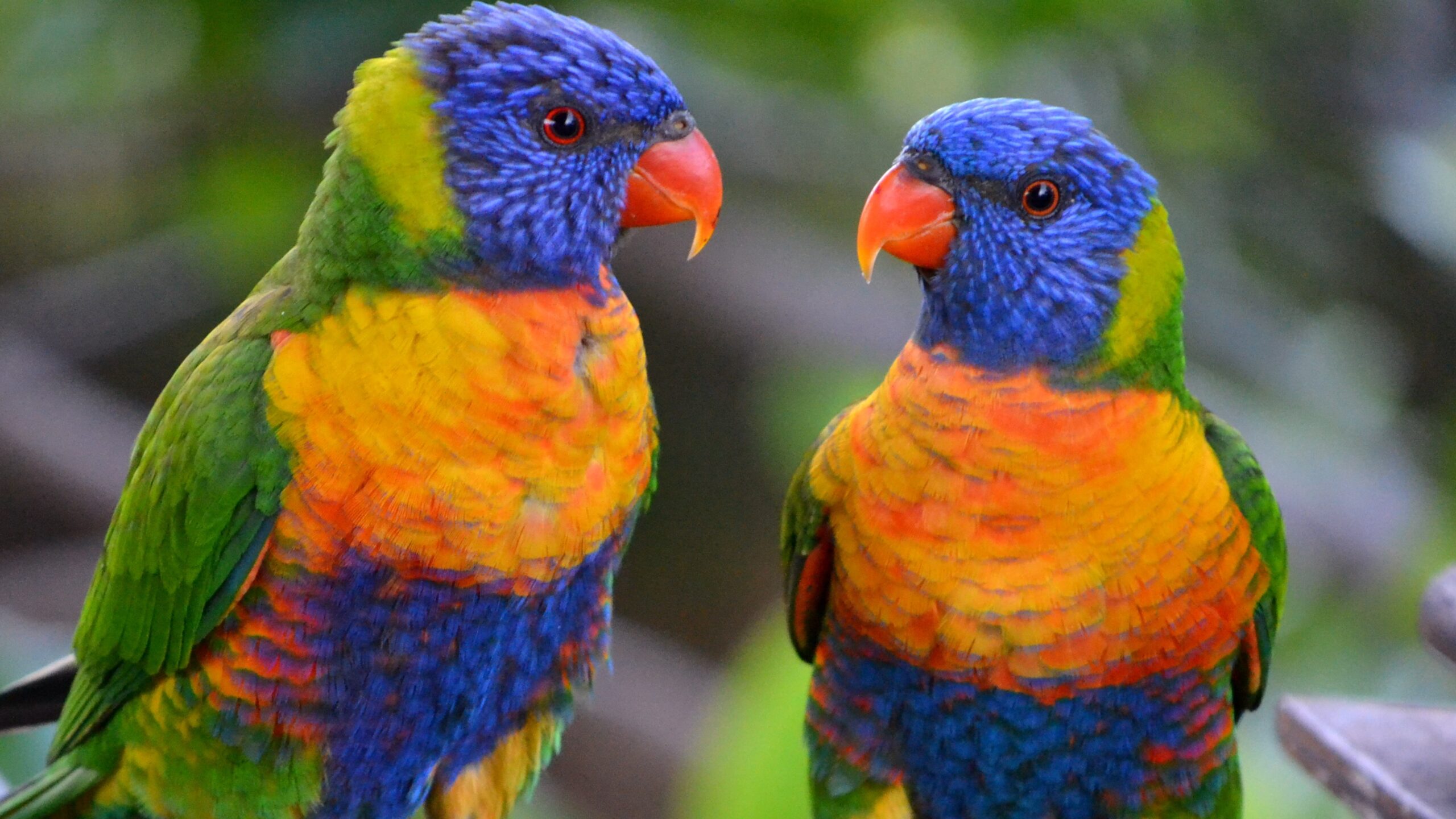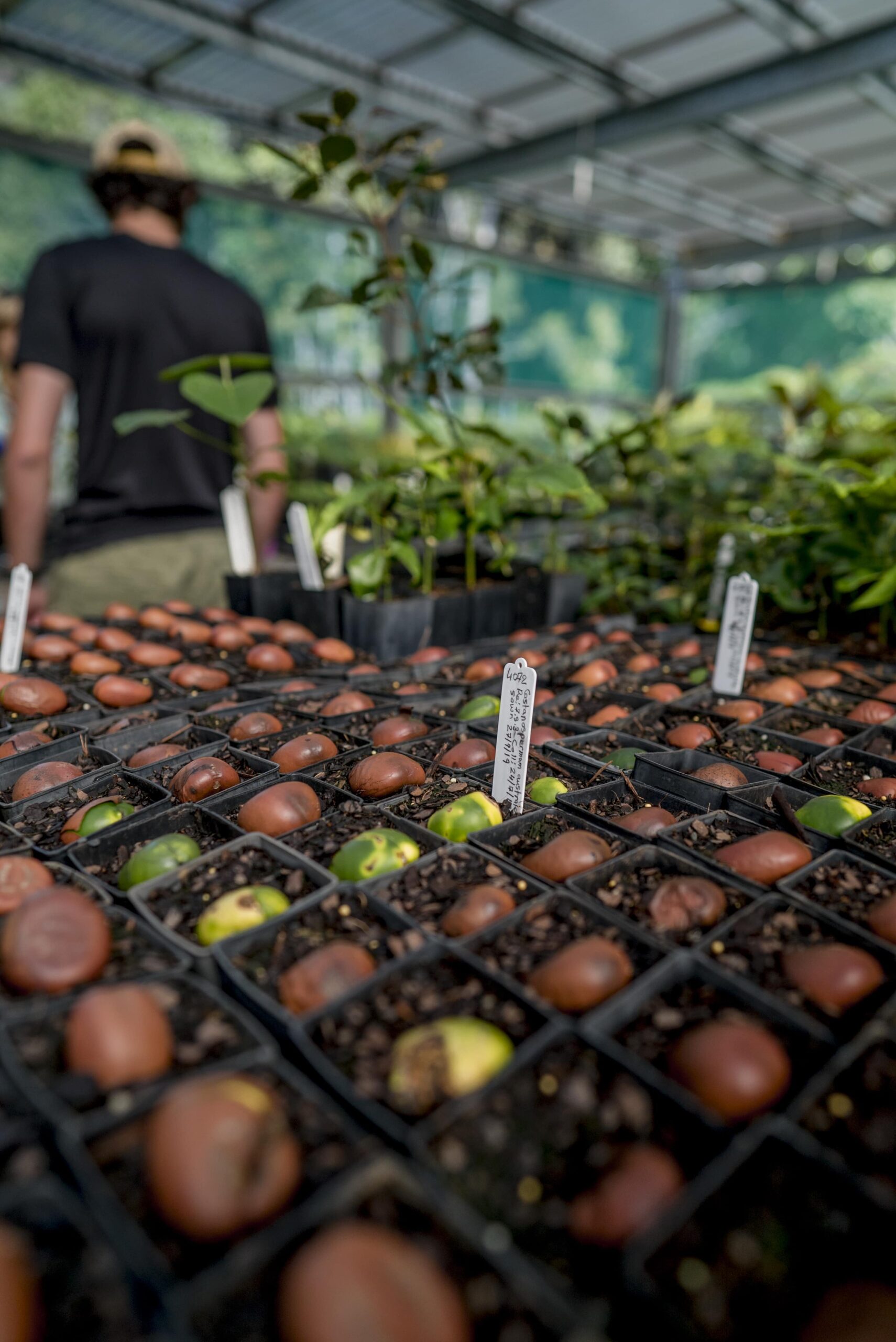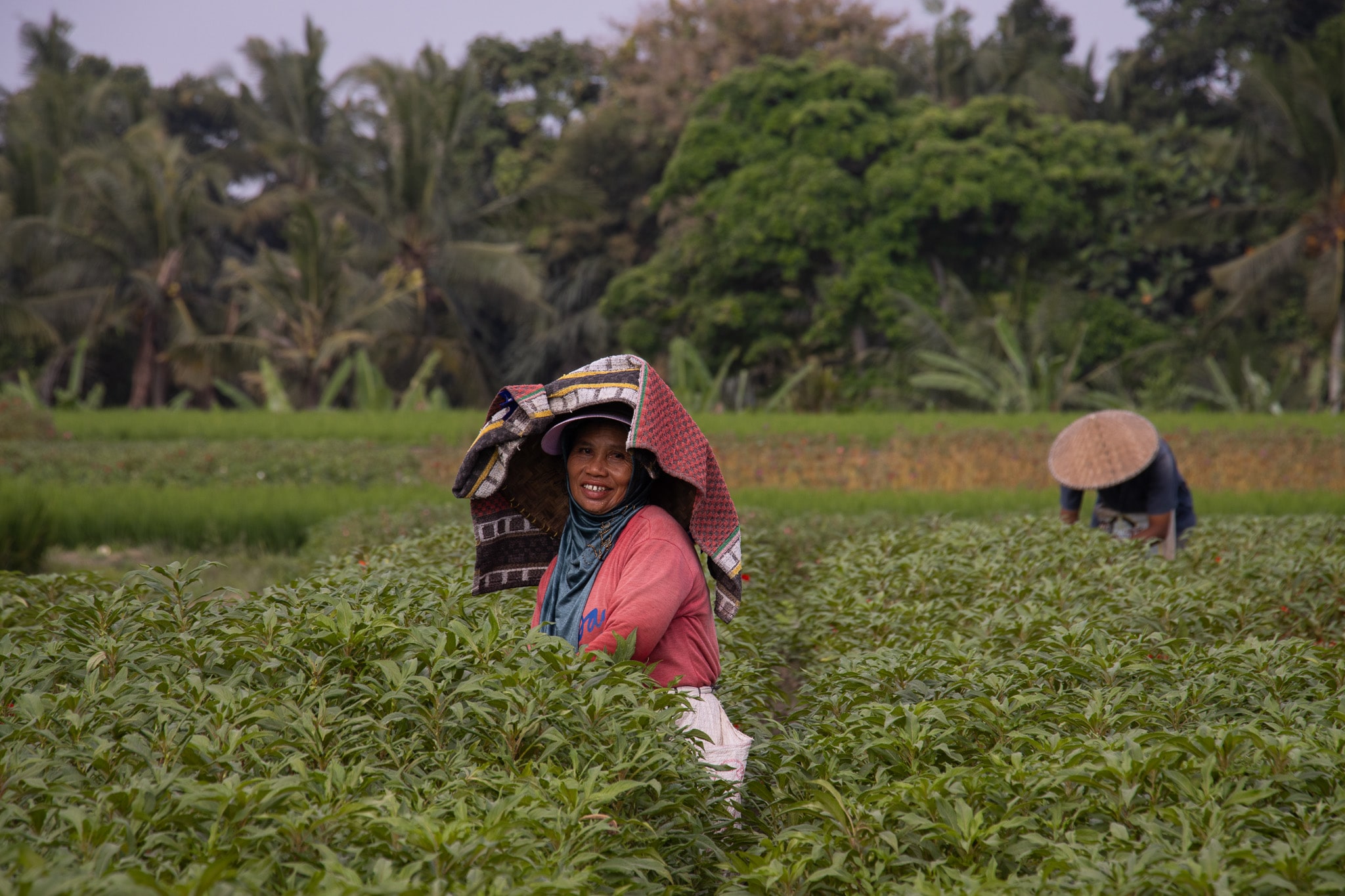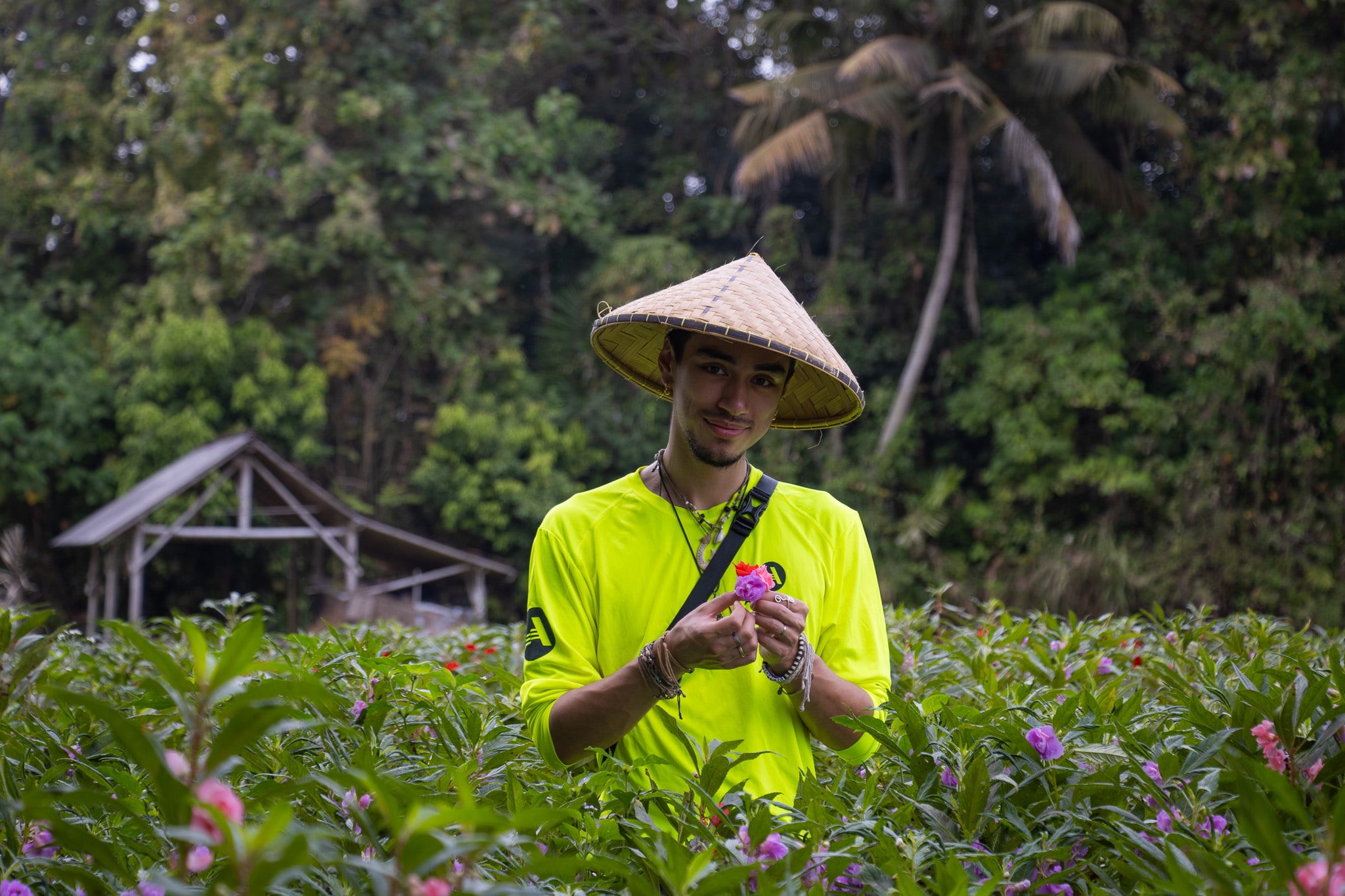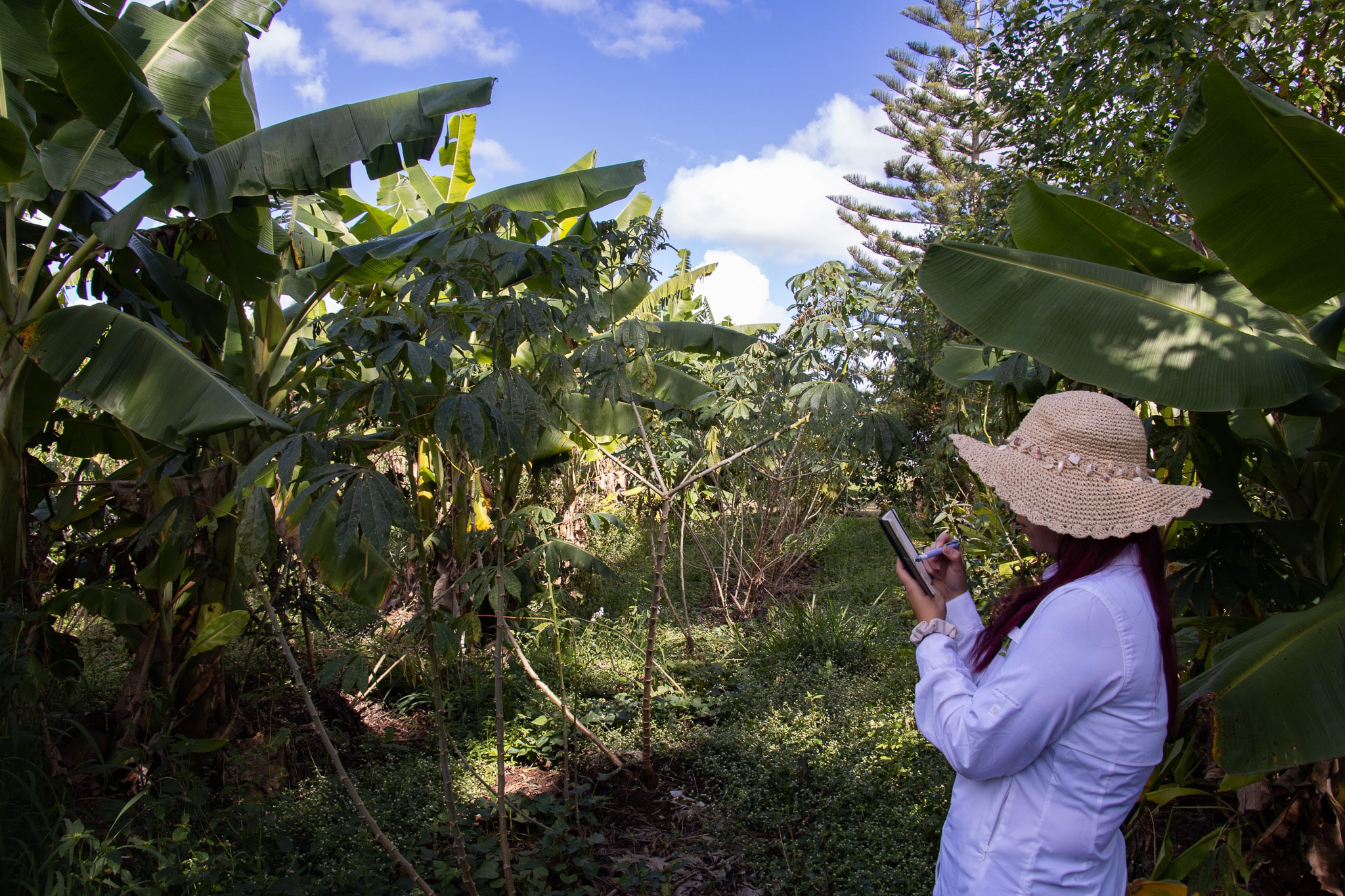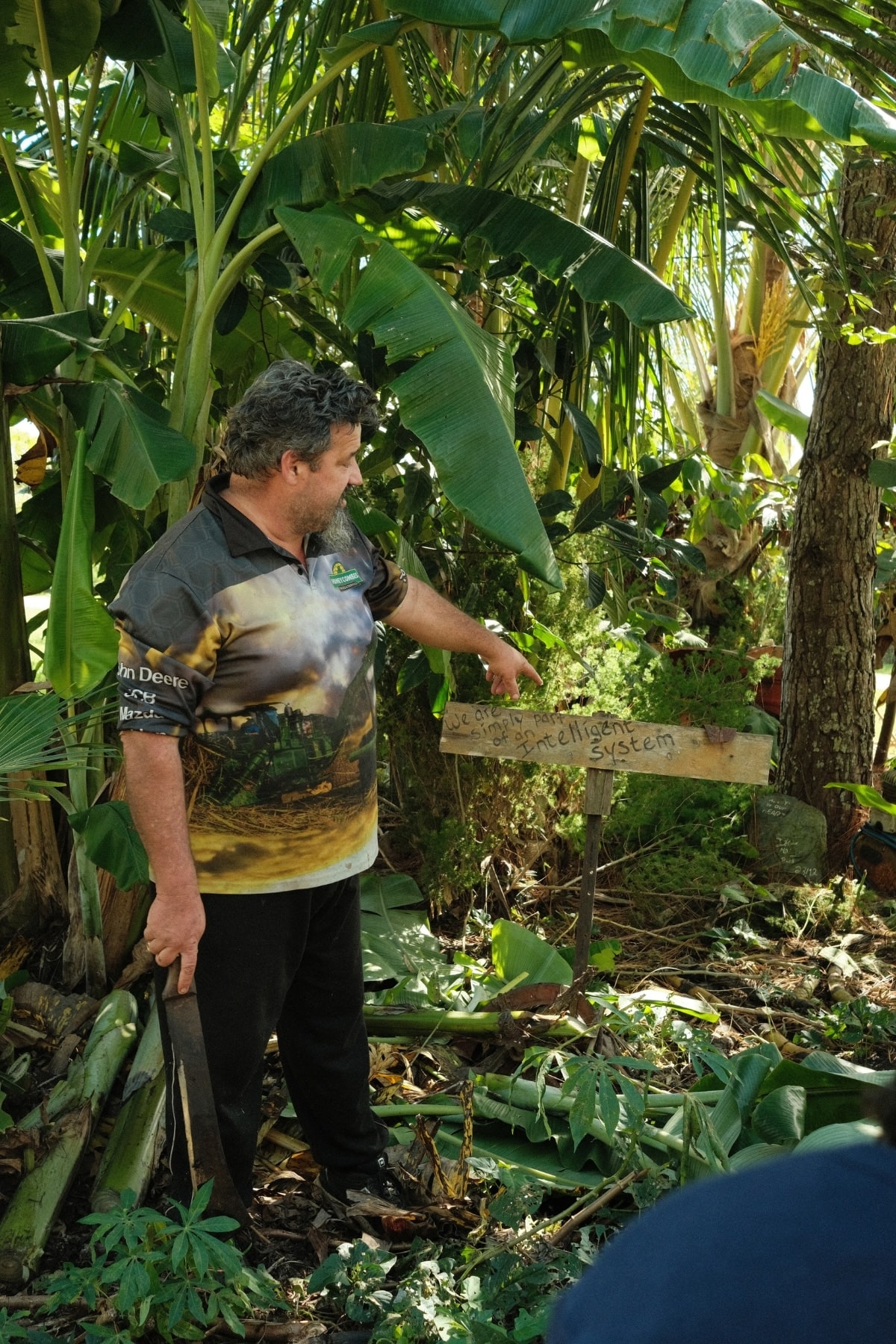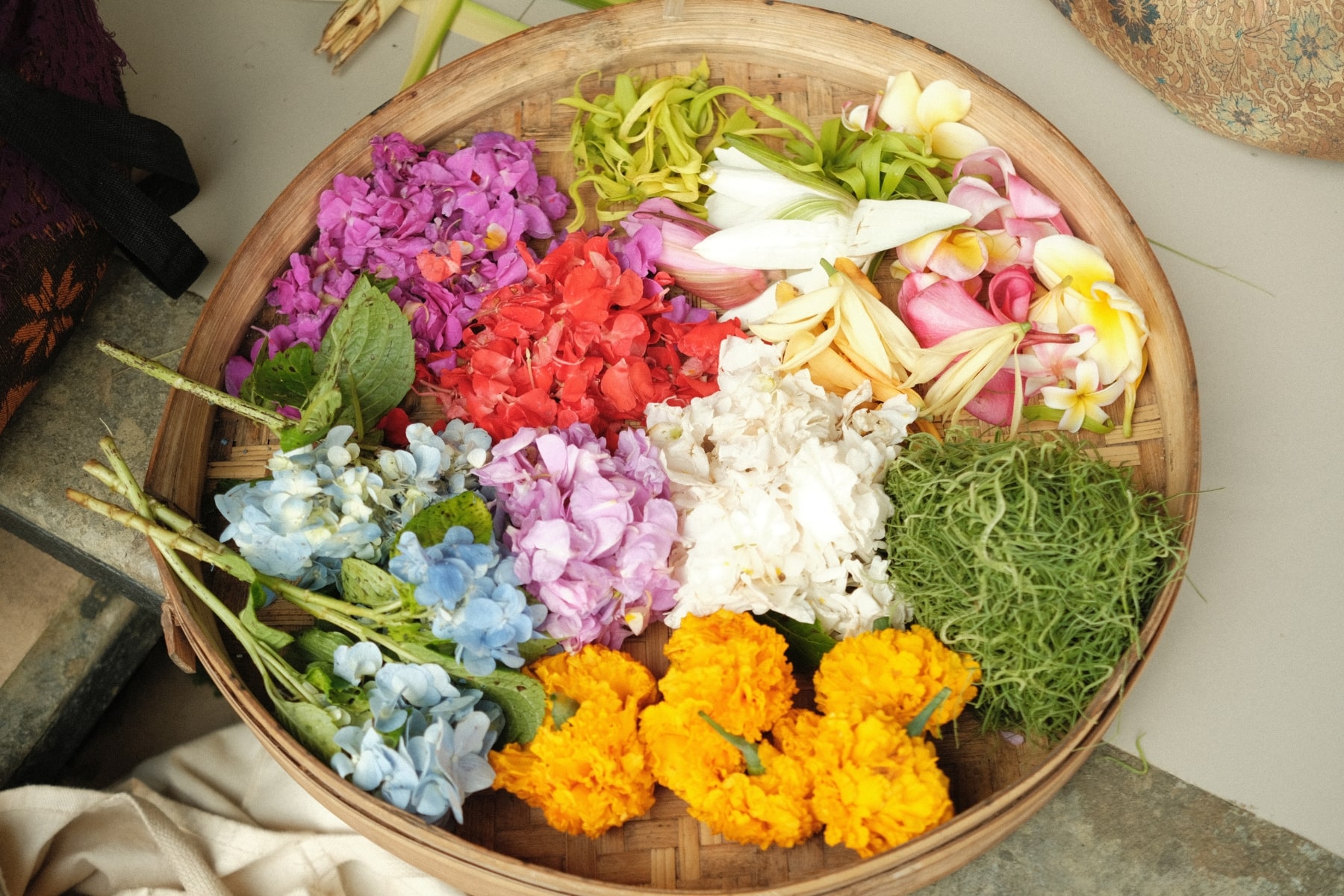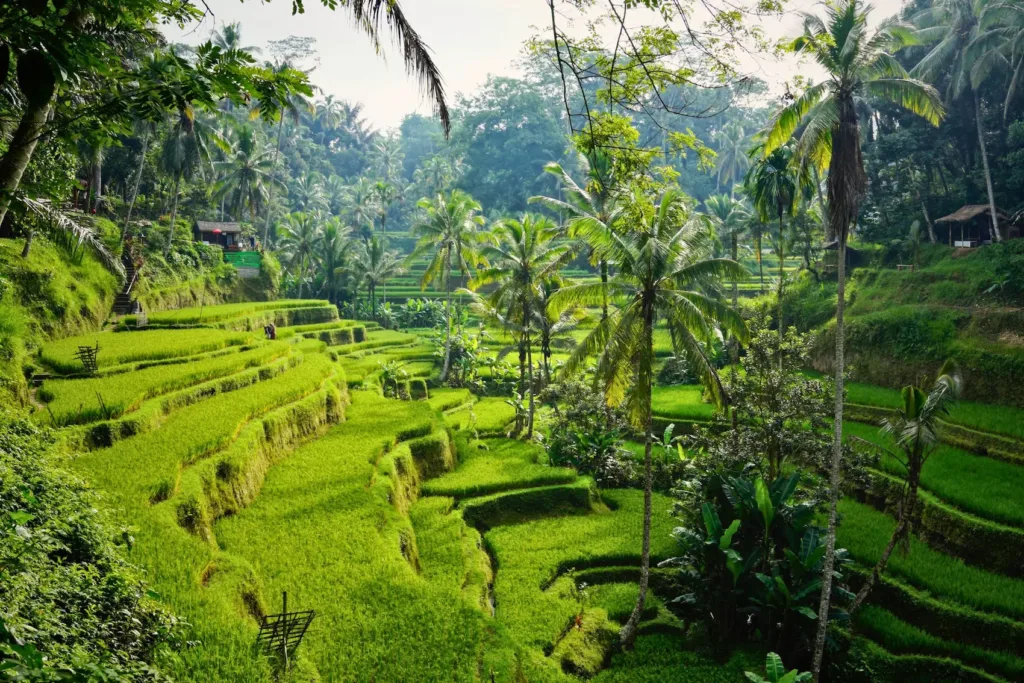
Program Costs
- Tuition
- Room & Board
- Total
Application Deadlines
Resources
Farming for the Future – Australia & Bali
The agricultural systems that feed the world lie precariously at the cross section of globalization, industrialization, climate change, cultural and indigenous heritage, and market demand. Spend your summer untangling the complex web of providing food for a global population and discuss ways of implementing sustainable agriculture in the face of environmental change. You’ll explore examples from the agricultural landscapes in both northern Queensland and on the Indonesian island of Bali as you consider matters of soil health, economic livelihoods, ethnobotany, economies of scale, meat production, distribution, and more.
- Explore the agricultural landscape of the Atherton Tablelands, including the food systems of the area’s First Nations peoples, while based at our most remote Center – a 153-acre rainforest property surrounded by UNESCO World Heritage Forests.
- Visit regenerative farms and the Cairns Botanic Gardens to learn how to identify multiple common tropical food plants in preparation for field excursions.
- Embark on a 13-day excursion to the island of Bali where you’ll appreciate how agriculture and religion are intertwined. Visit agroforestry and permaculture farms, tour scenic World Heritage rice terraces, explore a Balinese market, and sample coffee, chocolate, and vanilla.
Academics
This academically rigorous program follows a six-day/week schedule. Each program combines theory learned during classroom sessions with field-based applications. The interdisciplinary curriculum is designed to help students actively discover and understand the complexities of the historical, environmental, social, political, and economic issues that shape food systems. Read more about the SFS program model.
Major academic themes include:
- Agroecology
- Economic botany
- Agricultural landscapes
- Human development impacts
- Indigenous knowledge and histories
Courses
On the Farming for the Future program, you will take one 4-credit course. This course is participatory in nature and is designed to foster inquiry and active learning combining lectures, field exercises, assignments, and tests. This course is taught in English. Click on the course to view a description and download the syllabus. Click on the course to view a description and download the syllabus.
Sustainable Food Systems
The Sustainable Food Systems course examines food systems broadly and aims to provide students an experiential learning opportunity while we explore tropical natural, cultural, and agricultural landscapes. The course provides an overview of agroecology, economic botany, and associated cultural, environmental and sustainability issues, and touches broadly on the historical, social, cultural, economic and political factors that shape food systems.
Core Skills
You will gain practical skills in the field such as: botanical species identification, quantitative and qualitative data collection and analysis, and the basics of permaculture.
Field Sites
You will visit different ecosystems and communities in both Queensland and Bali which may include coffee farms, cacao plantations, other agroecosystems and farms, agrotourism businesses, and the forests and rainforest ecosystems around agricultural areas.
Other Australia Programs
Rainforest to Reef
More Information
Program Costs
- Tuition
- Room & Board
- Total
Marsupials of Australia
More Information
Program Costs
- Tuition
- Room & Board
- Total
Farming for the Future – Australia & Bali
More Information
Program Costs
- Tuition
- Room & Board
- Total

